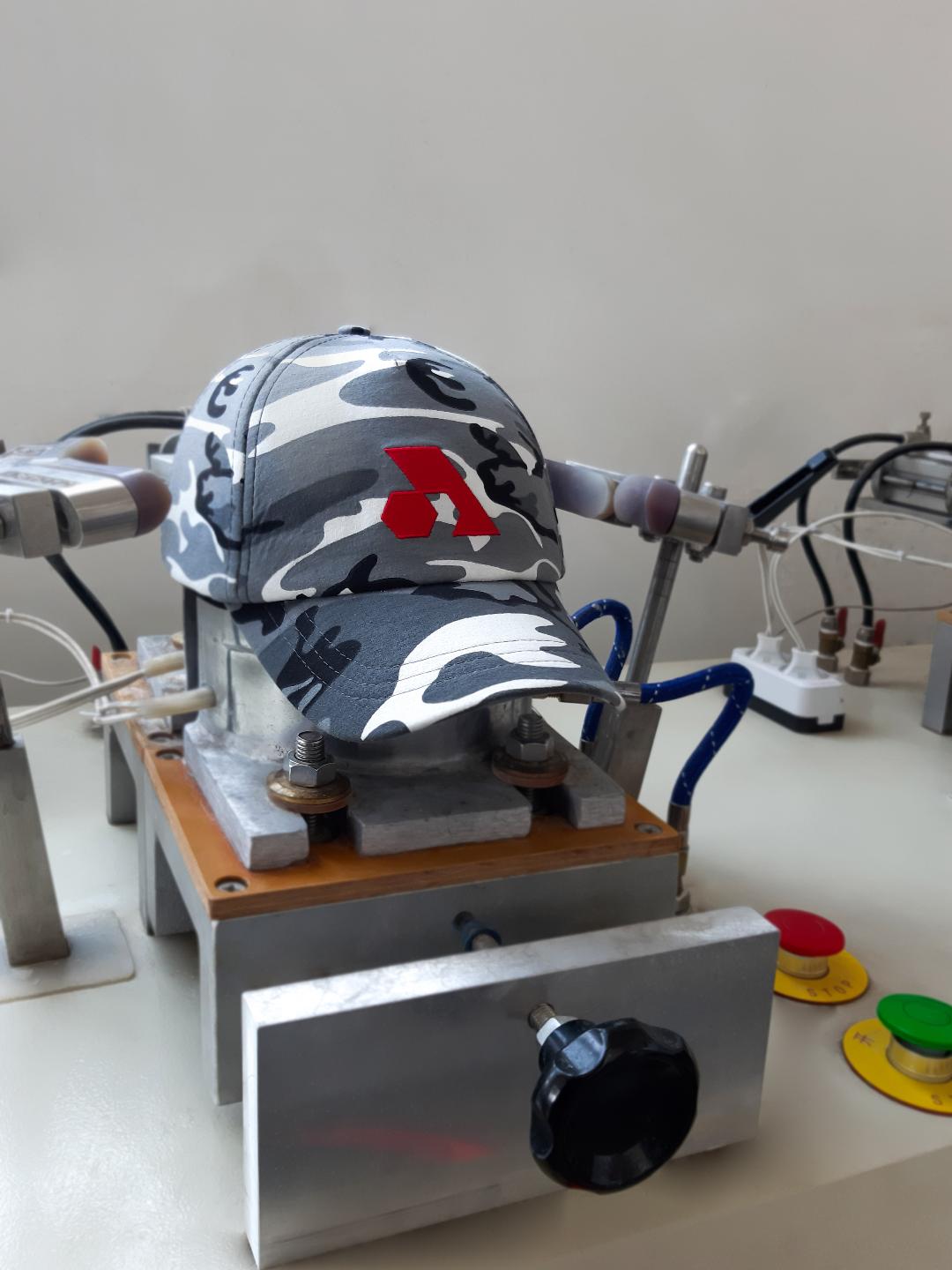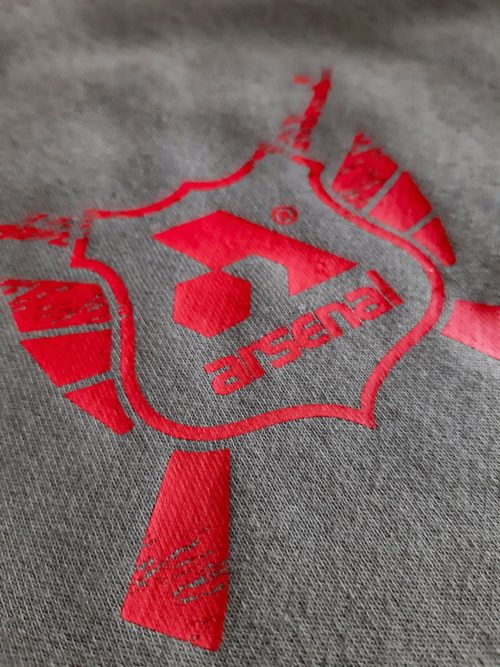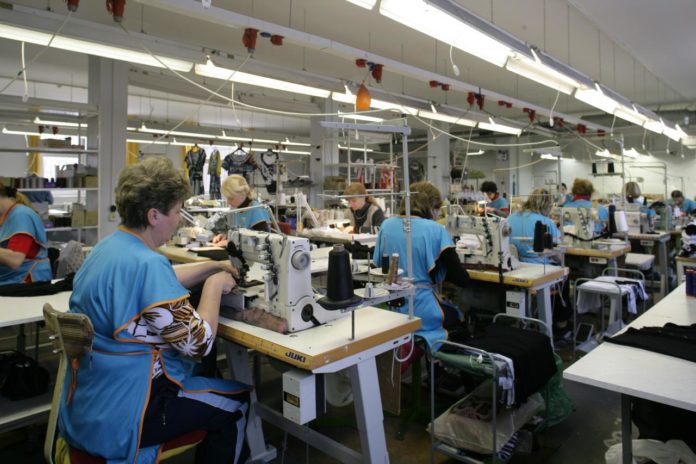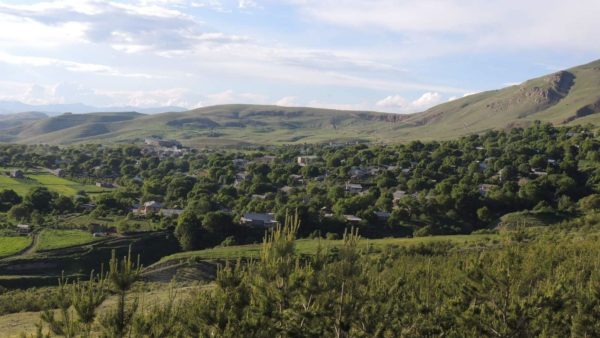LAS VEGAS – Arsenal Inc. is a manufacturer of rifles and pistols based in Las Vegas owned and run by Armenian Americans. It has an apparel line which is providing employment for Armenians both in Yerevan and in several Armenian villages, and it actively attempts to inspire others to follow its example. At present, according to Arsenal’s Marketing Director Sevag Sagherian, the Arsenal Apparel clothing line “offers fine-quality European-styled shirts, sweatshirts, caps and hoodies in a variety of designs.” As these all are produced in Armenia, Sagherian said, “This allows Armenians in Armenia to support their families and take pride every time they see ‘Made in Armenia’ stitched onto the items that they produce.”

Harry Pakhanyan, vice president for operations of Arsenal, related that Arsenal is the exclusive representative in the United States of a 200-year-old Bulgarian arms manufacturer, and is licensed to use its name. It also makes other products in the US, and has its own manufacturing plant. Pakhanyan said that Arsenal’s top management is primarily Armenian. Its founder Vartan Barsoumian, like Pakhanyan, was born in Armenia. Barsoumian came to the US with his family in 1971 and grew up here. He, like many other Armenians in Las Vegas, moved to this city from the Los Angeles area.
Barsoumian started the business in 1999, and through word of mouth and recommendations, other Armenians joined. Pakhanyan said that it was not initially established as an Armenocentric business, but turned out that way. Barsoumian and Pakhanyan set up, manage and own a conglomerate or family of companies which include distribution and importing companies under different brand names. For example, K-Var Corporation is an online retail shop for a variety of products, while FIME Group offers products similar to those of Arsenal.
The two executives and other Armenians in the company have helped their local Armenian community as individuals, such as using by their business connections and financially supporting the groundbreaking of the Armenian Genocide monument in Las Vegas.

Doing Business in Armenia
Barsoumian and Pakhanyan would go to Armenia frequently for personal reasons on their own over the years. “As we got comfortable in our business,” Pakhanyan related, “we looked to see what we could do to do business there and at the same time benefit Armenia.” Barsoumian and he spent a lot of time in Armenia together over the past 5 or 6 years. They went at least several times a year to explore and talk to local businessmen, as they wanted to establish a side business.









